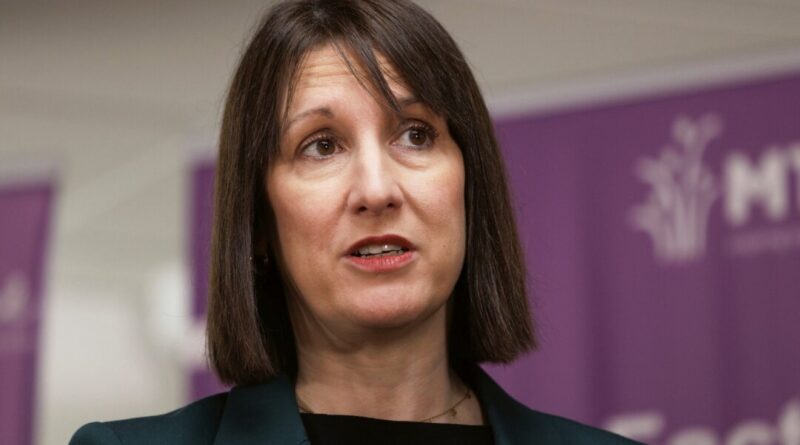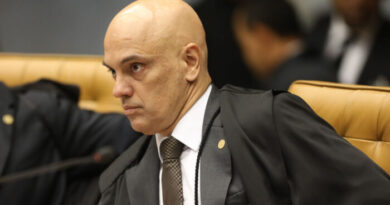Pressure Mounts on British Finance Minister as UK Borrowing Costs Reach 27-Year High
Chancellor Rachel Reeves is under fire from opposition parties after three days of escalating interest rates on UK government bonds.
This situation marks a significant challenge for Reeves as Chancellor of the Exchequer, as the UK government’s borrowing costs have risen for three consecutive days. The decline in the value of the pound against other currencies has deepened, raising concerns about potential cuts to public spending. This comes shortly after Reeves presented the first Labour Party budget since 2010 to Parliament.
The interest rate on 30-year UK government bonds reached 5.46 percent, the highest level since 1998, following a sell-off in debt markets on Tuesday and Wednesday. Despite this, the UK Treasury stated its commitment to maintaining control over public finances, emphasizing that the Office for Budget Responsibility’s forecasts are key in determining the government’s fiscal capacity.
Gilt yields continued to rise, albeit less drastically than in the previous days, and the pound was on track for its largest three-day drop in almost two years.
Opposition parties, including the Conservative, Reform, and Liberal Democrat parties, have urged Reeves to address the situation in Parliament and cancel her scheduled trip to China.
Reacting to the unfolding events, Mel Stride, the Tory Shadow Chancellor, questioned the absence of the Chancellor in dealing with the crisis. Labour’s Deputy Finance Minister, Darren Jones, assured that British financial markets remained stable and orderly, indicating no need for emergency intervention.
Despite the challenges, Jones reaffirmed Labour’s commitment to fiscal rules aiming for a balanced day-to-day budget and reduced public sector net financial liabilities. The Treasury aims to adhere to these rules outlined in the budget, although concerns about potential tax hikes amidst escalating borrowing costs remain.
The Office for Budget Responsibility projected a limited fiscal margin for Reeves following the October budget. However, with rising gilt yields and interest payments on government debt, concerns arise about the Chancellor’s ability to stay within the established fiscal boundaries.
As the government prepares for fresh budget forecasts and a spending review in the coming months, questions regarding the Chancellor’s response to urgent matters persist.
In the midst of these developments, British Prime Minister Keir Starmer’s spokesperson clarified that the Treasury determines the appropriate response to urgent questions in Parliament, often delegating such responsibilities to the Chief Secretary.
Reuters and PA Media contributed to this report.



